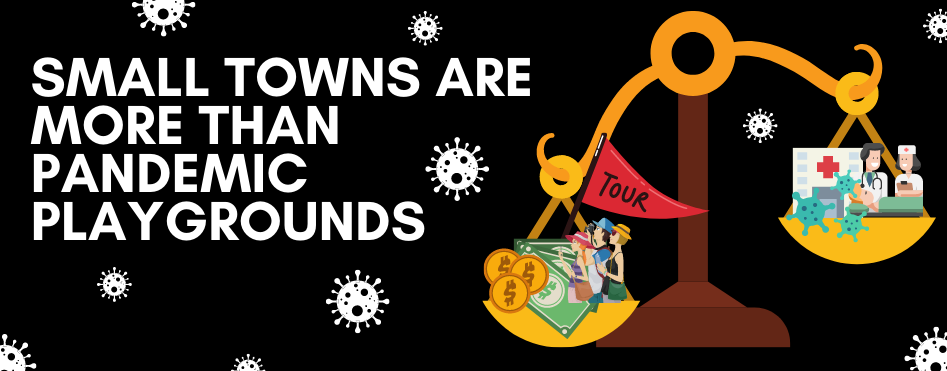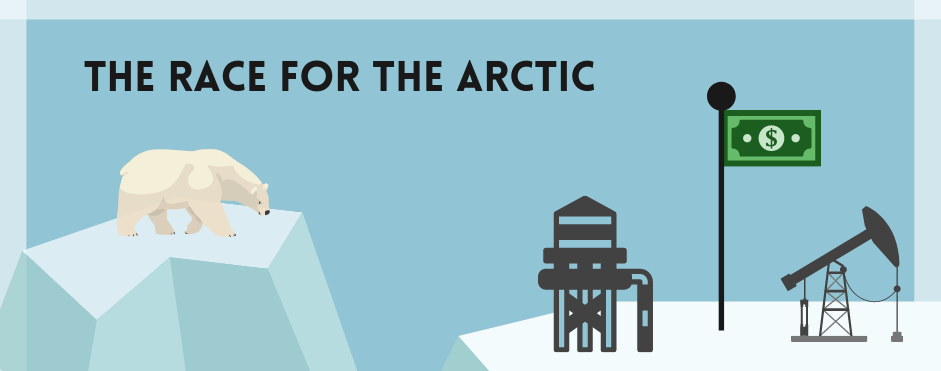Your Alexa Could Be the Cause of Economic Disruption
Virtual assistant software is now considered one of the most sophisticated and fastest-growing technologies of our time. Becoming more prevalent than ever before, the tech giants have jumped on the bandwagon to take the lead in this promising market.Continue Reading




